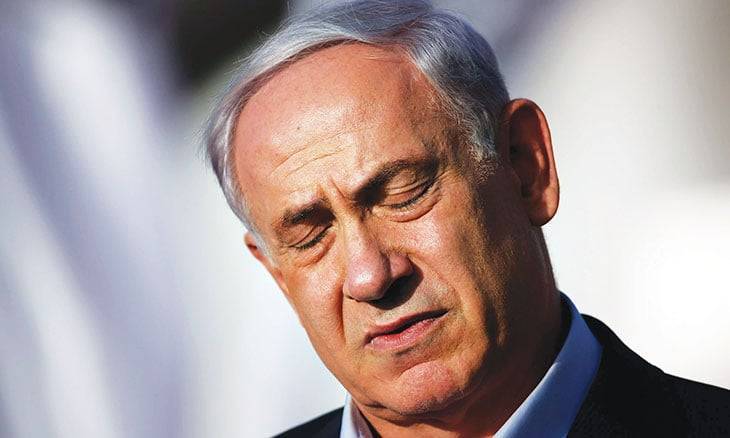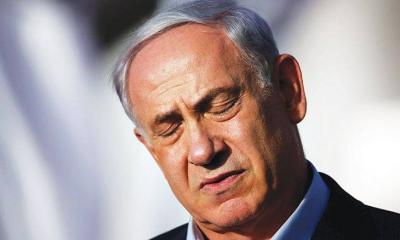Israel faced three significant strikes within days, which may not have a major immediate impact on the ground but increase pressure on it and threaten further international isolation. These "three strikes" came from the International Criminal Court, then from three European countries, and finally from the International Court of Justice, all occurring amidst Israel's ongoing war on the Gaza Strip for over seven months and continuous attacks in the occupied West Bank by Israeli forces or settlers.
Despite Israel's repeated assertions that the diplomatic actions taken against it will not affect the reality on the ground, they are causing increasing pressure, especially with the rising number of Palestinian casualties in Gaza reaching approximately 36,000.
So, what happened during Israel's "black week"? Where did these "strikes" come from?
**International Criminal Court**
On Monday, the International Criminal Court's prosecutor, Karim Khan, requested arrest warrants against Israeli Prime Minister Benjamin Netanyahu and Defense Minister Yoav Galant on charges including "starvation," "premeditated murder," and "genocide" in Gaza. Following this move, Netanyahu expressed that he "rejects with disgust" the prosecutor's request. Technically, if the arrest warrants are issued, which also include leaders from Hamas, any of the 124 member states of the International Criminal Court would be obligated to arrest Netanyahu or others named in these warrants should they travel to those countries. However, while the warrant may complicate some of Netanyahu's trips, the court does not have a mechanism to enforce arrests, relying on its members for execution.
**Three European Countries**
Spain, Norway, and Ireland announced that they would recognize a Palestinian state on May 28. They urged other European countries to follow suit. The three countries expressed hope that their decision would accelerate efforts to achieve a ceasefire in Israel's war on Gaza, which has been ongoing since October 2023. These countries will recognize a Palestinian state with borders as they were before 1967, with Jerusalem as the capital of both Israel and Palestine. Nonetheless, they also acknowledged that those borders may change in any talks aimed at achieving a final settlement.
**International Court of Justice**
On Friday, judges of the International Court of Justice, part of the United Nations, ordered Israel to cease its military assault on the city of Rafah in southern Gaza. The ruling is a landmark decision and came as part of a case brought by South Africa that accuses Israel of committing genocide. The court also ordered Israel to open the Rafah crossing between Egypt and Gaza to allow humanitarian aid to enter and stated that Israel must permit investigators to access the besieged area and report on progress within one month. Although the court does not have the means to enforce its orders, the case clearly indicates Israel's international isolation due to its war in Gaza, especially since the beginning of its assault on Rafah this month, contrary to the preferences of the United States, its closest ally.




